Kidney Ultrasound at Winchester Imaging
A kidney ultrasound is a non-invasive diagnostic test that uses high-frequency sound waves to create images of your kidneys and surrounding organs. This procedure helps assess the size, shape, and position of the kidneys and can detect abnormalities such as tumors, cysts, stones, or infections.

Why is a Kidney Ultrasound Performed?
Ultrasounds are used to evaluate kidney abnormalities, monitor kidney diseases, and guide clinicians in the treatment of various renal conditions.
This imaging method is particularly effective in detecting kidney stones, helping determine their size and location, which is crucial for determining the appropriate treatment.
Kidney ultrasounds can identify signs of diseases such as polycystic kidney disease, hydronephrosis, and infections that may affect kidney function.


Preparing for Your Kidney Ultrasound
Patients are usually advised to drink water prior to the exam to fill the bladder, which helps improve the visibility of the kidneys and urinary tract.
Procedure Overview
During the exam, you will lie on your back or side on an examination table. A clear gel is applied to your abdomen, and a transducer is moved over the skin to capture images.
What Does a Kidney Ultrasound Show?
- Kidney Size and Structure: Reveals the size of the kidneys, helping to detect conditions like enlarged kidneys or structural abnormalities.
- Blood Flow: Doppler ultrasound can assess blood flow to the kidneys, identifying potential issues like blockages or clots.
- Abnormal Growths: Helps spot cysts, tumors, and other growths within the kidneys.
- Signs of Infection: Can show areas of inflammation or infection.

Understanding Your Results:
Normal Results: Typically show kidneys of normal size, shape, and structure without any visible stones, cysts, or other abnormalities.
Abnormal Findings: May indicate kidney stones, cysts, tumors, or signs of kidney diseases such as chronic kidney disease or acute renal failure.
Kidney Ultrasound FAQs
The procedure usually takes about 30 minutes.
Ultrasound is effective for visualizing structural abnormalities and obstructions but may not detect all forms of kidney disease, such as early or mild chronic kidney disease.
Kidney ultrasounds are safe and do not involve radiation. The risk associated with the procedure is extremely low.
Yes, a referral from your doctor is typically required to schedule an ultrasound at our facility.
Your doctor will discuss the results with you and may recommend further testing or treatment based on the findings.







